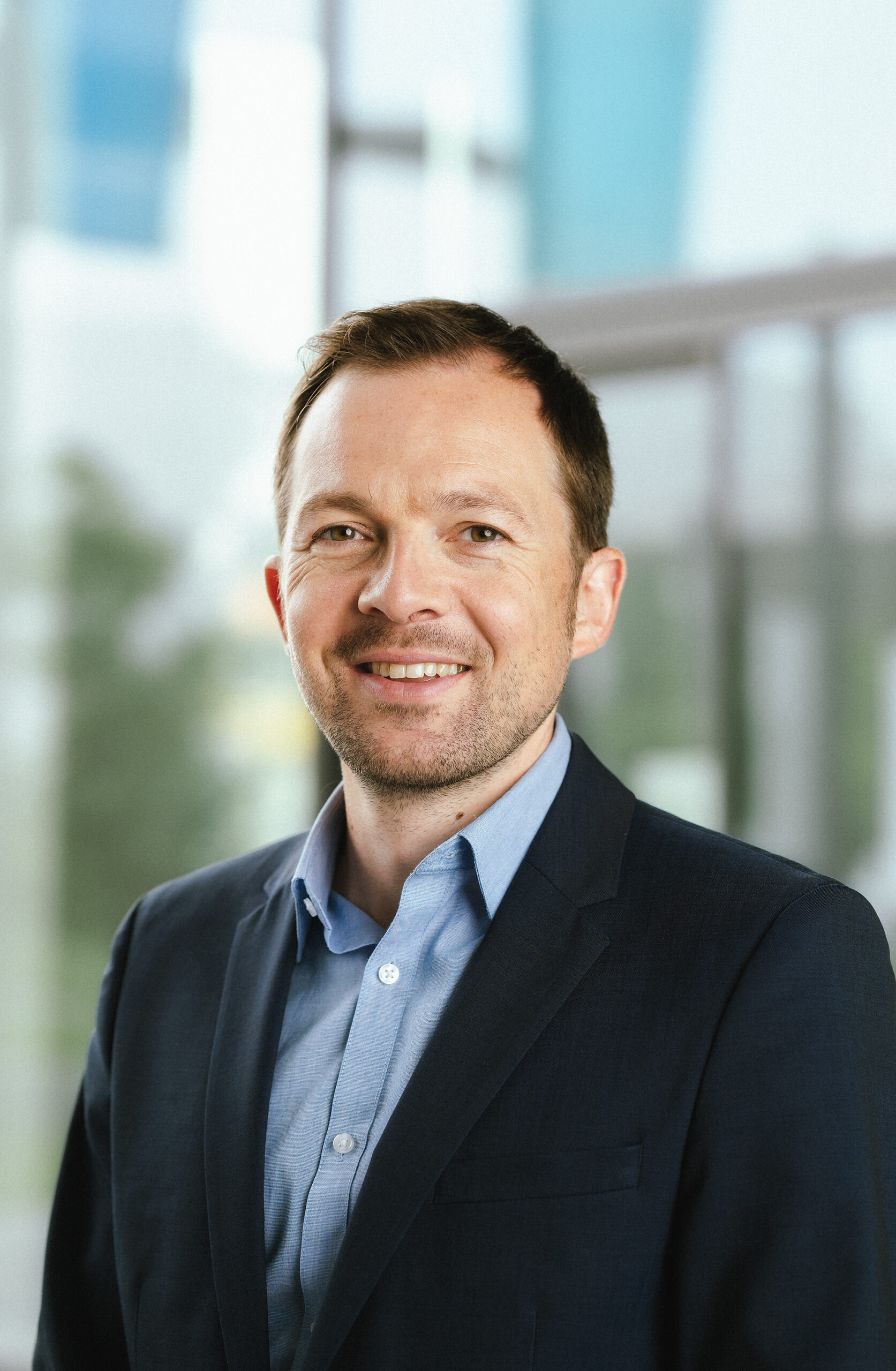Bernhard Kraus, Managing Director at TUM Institute for LifeLong Learning, reflects on the shift toward sustainability and hybrid formats fueled by Covid – and the impact of this “new normal” on the continuing education sector. The Corona crisis has left…
Bernhard Kraus, Managing Director at TUM Institute for LifeLong Learning, reflects on the shift toward sustainability and hybrid formats fueled by Covid – and the impact of this “new normal” on the continuing education sector.
The Corona crisis has left an indelible mark on the higher education landscape. As we navigate the aftermath, the question looms large: How will universities sculpt the future of Executive and Master’s education in this altered reality? At TUM, we’re not merely adjusting to these shifts – we’re trailblazing the path ahead.
The TUM Edge – Fusing the Best of both Realms: Technology & Management
At TUM, we’re capitalizing on our resources and prestige to offer a blend of the best aspects of both worlds. Our Executive MBAs and Master’s Education programs deliver state-of-the-art research and teaching content, remote learning options where practical, and in-person courses for indispensable content.
“We can facilitate participants to experience technologies on site at our research facilities; something that would be nearly impossible online,” Kraus points out. “Here at TUM, Executive MBA participants can witness technologies that may not hit the market for another four or five years. They can practically glimpse into the future. And that gives them a significant edge. While our Master in Management & Innovation participants get to be exposed to the most relevant management topics around Entrepreneurship, Innovation, Start-Ups, Venture Capital.”
Sustainability and Diversity: The Pillars of Contemporary Education
Sustainability is becoming increasingly vital in management and technology education. At TUM, sustainable management is woven into the fabric of our curriculum. “Our ambition must be to cultivate leaders at different levels of their career, who are catalysts in the transition to a sustainable society,” Kraus insists.
We’re also tackling the challenge of catering to an increasingly diverse target group. We’re attracting more experienced professionals who portray diversity in their professional backgrounds and nationalities as well as more women aspiring to leadership and impactful roles.
The AI Frontier: Steering Through the New Terrain
The emergence of new technologies, such as large language models, poses another challenge. How do we delineate what is proprietary and what is AI? At TUM, we champion the responsible and proficient use of AI. It’s our educational duty to equip our students for this new epoch of AI-assisted work, for example during our Executive MBA programs the participants get the chance to experiment with AI taking leadership roles.
The Future of Higher Education: A Visionary Exercise
Envision a future where Executive and Master’s Education is a harmonious blend of online and in-person experiences, where students with diverse backgrounds converge to learn, network, and innovate. Picture a future where sustainability is not merely a subject of debate, but a guiding ethos in all we undertake. Imagine a future where AI is not a menace, but a tool that augments our learning and decision-making abilities.
At TUM, we’re not just visioning this future – we’re manifesting it. As a well-established and generously funded institution, we possess the resources, the expertise, and the foresight to spearhead the evolution of higher education. We’re not just reacting to the changing landscape – we’re molding it. Join us as we embark on this exhilarating lifelong journey into the future.
Interested?
Learn more about our Executive MBA programs and Master in Management & Innovation.

